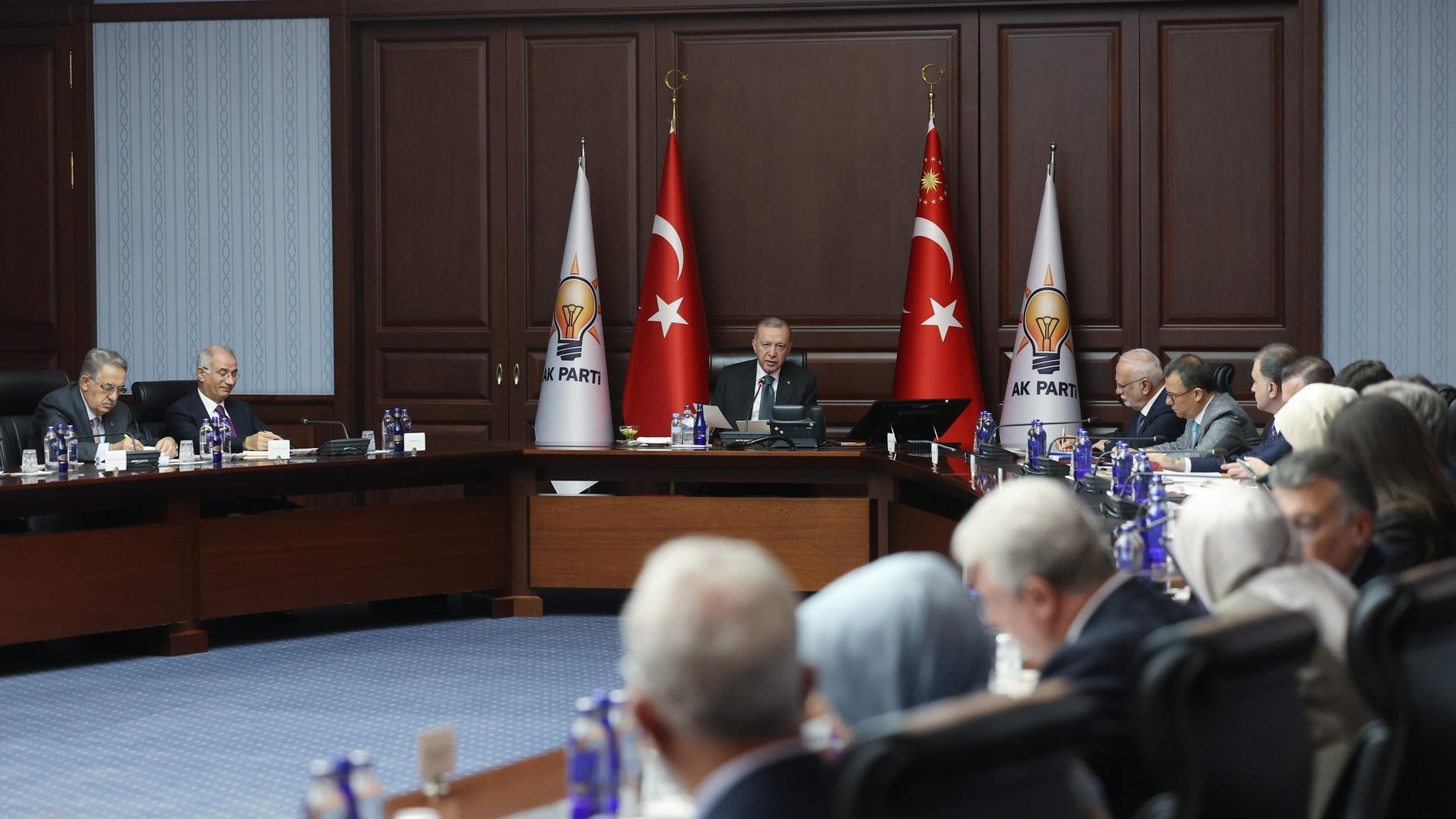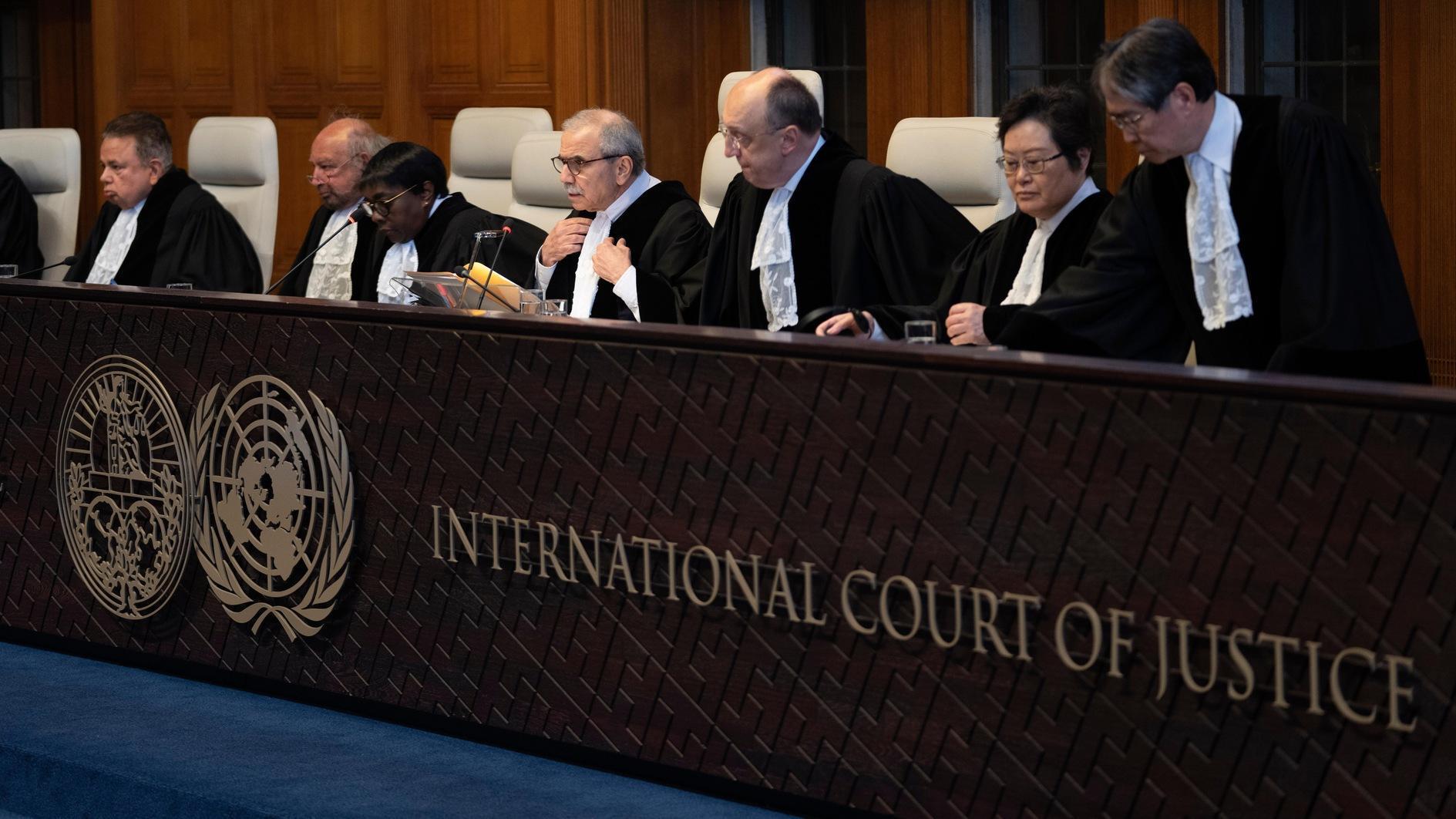New era after these elections
It is not a surprise that Tayyip Erdoğan won the elections. I congratulate him and wish that his presidential term will be one in which polarization and political tension in Turkey will decrease and accommodating and rational stances are advanced. I believe that the 52 percent of votes he has received necessitates this, because when we think of the power of his party, the intensity of the campaign organized and the dynamism of its organization, he and his party should ponder why they did not receive more votes.
It is also obviously necessity for the opposition to also ponder why they fell short in this election, receiving less than the total of their votes in the March 30 local election, despite expecting more votes with their joint candidate.
The power of 52 percent
When we look closer at the votes received by Erdoğan, who has been elected as the 12th president of Turkey, we can see some interesting points.
Despite this whole intense and this tumultuous campaign, Erdoğan’s votes remained around their March 30 level. The main reason why the votes of the ruling Justice and Development Party (AKP), which were around 43 percent in the local elections - and 45 percent when mayoral positions are considered - were 52 percent in these elections is because the turnout was low. The turnout, which was 89 percent on March 30, dropped to 72 percent in these elections. If participation had been higher, Erdoğan would not have been able to win the elections in first round with these votes.
If the opposition becomes more active and politically motivated in the upcoming 2015 elections, and if the AKP still receives around 20 million votes, it will absolutely not have the opportunity to amend the Constitution to move into a presidential system. In this event, Erdoğan should keep the political projects he is considering for Çankaya within the parliamentary system; he should not challenge the system.
The removal of such publicly trusted names as Ali Babacan because of the “three-term rule” may also put the party in serious trouble in the 2015 elections.
The President of the Republic in our culture
If Erdoğan had received more votes, a tendency for the presidential system in the voter could have been considered as existing. However, 52 percent of the votes in a relatively low turnout is also an outcome showing that the parliamentary system has been totally adopted by voters.
As in all parliamentary democracies, also in Turkey, when one talks about the “president,” what comes first to one’s mind is not a political fight but, on the contrary, a balanced and peaceful approach.
Unfortunately, our political culture in Turkey is one of conflicts, though we all expect political maturity and a conciliatory stance from the president. In our culture, the president is above parties and he is especially respected for this. We expect him not to take sides in a fight during crises, but to do just the opposite and to bring together the sides and talk to them in order to lower the tension. The head of the Supreme Court, politicians and non-governmental organizations would go to the president and talk about their issues, the ones they cannot talk about with the prime minister.
Already, these elections have made Erdoğan a “parliamentarian president”; they have not given him any other political power beyond this. If Erdoğan acts according to the clear-cut rules of the parliamentary system as well as its practices, in other words, if he acts without being affiliated to a party and uniting the political streams in the country, then both he and the country will have peace.
In the event that he interferes in his party and the government, even though it would strengthen him in the short run, it would harm political stability in the long run.
Lessons to be drawn for the opposition are obvious: In an election where Erdoğan’s numerical votes have not climbed significantly, the fact the opposition was not able to mobilize 7.5 million voters to cast their votes is not a minor political weakness.
The fact that Selahattin Demirtaş’s votes have increased significantly, I hope, increases the tendency to “become nationwide in Turkey” within the Kurdish movement. If he had spoken with the rhetoric of Kandil Mountain he obviously could not have received these votes.
Lastly, even though Mr. Ekmeleddin İhsanoğlu has lost the elections, he has set an excellence example with his polite and balanced conduct in our aggressive political life.
I wish for these elections to have opened the door for a happy and peaceful future for our country.











